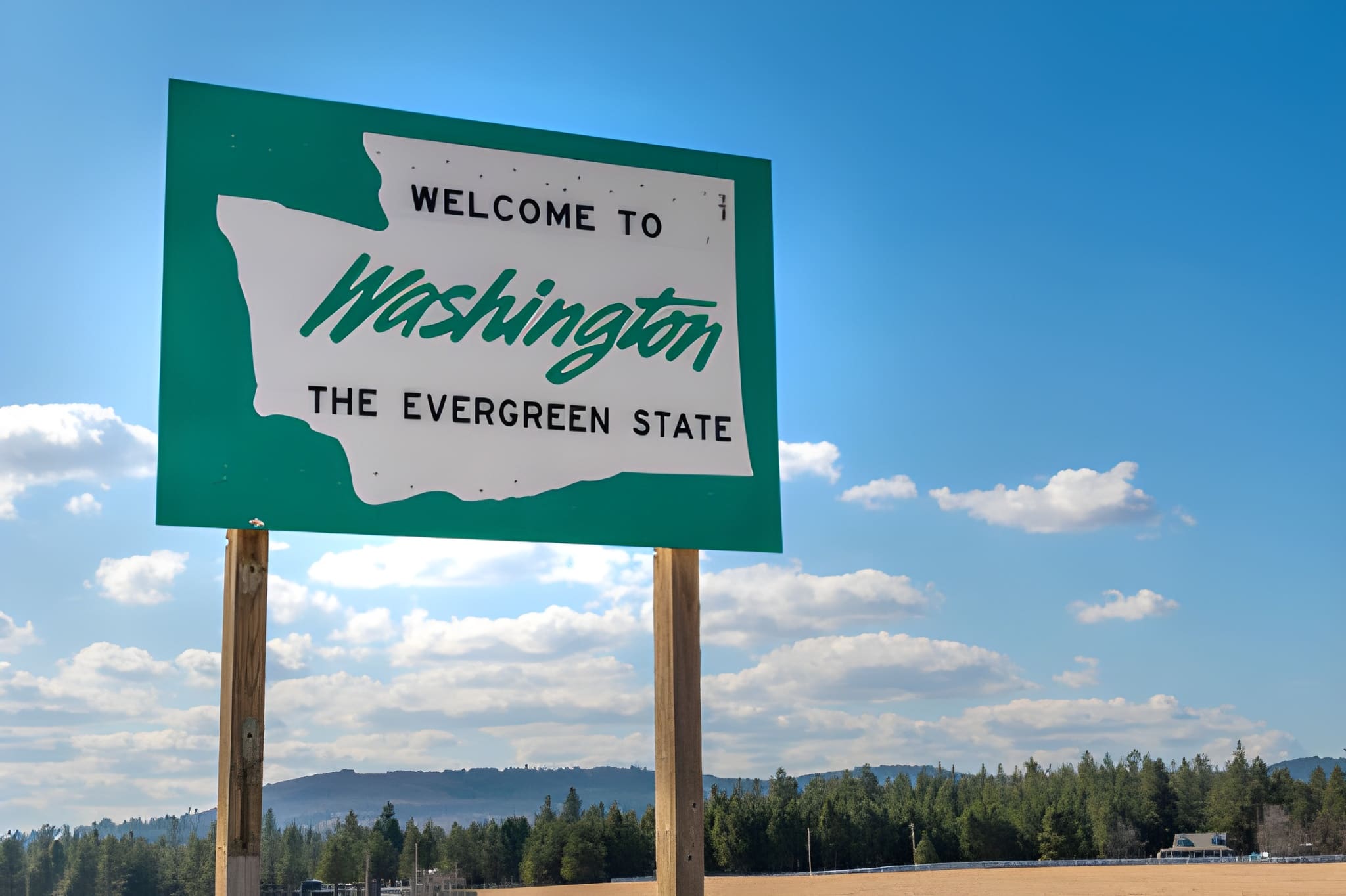While state and local government officials wait for Congress to level the playing field between brick-and-mortar and online retailers, an Oklahoma state lawmaker pushed the debate forward.
District 13 Rep. Jerry McPeak, D-Warner, filed a bill that would amend the definition of sales for the purposes of collecting and remitting sales taxes. House Bill 1613 would include online sales to in-state purchasers by out-of-state vendors regardless of whether the seller has a physical presence in Oklahoma.
Experts estimate the state and its municipalities miss out on hundreds of millions of dollars annually because of online sales. Consumers shoulder the burden of reporting the lion’s share of those sales and remitting the tax, but state tax officials acknowledge only about 3 percent of online purchases actually are reported.
Critics say allowing online-only retailers to conduct business without collecting and remitting state and local sales taxes deprives governments of desperately needed revenue. They also say it puts local retailers at a competitive disadvantage to their online counterparts.
“Our independent merchants have been concerned about this for quite a while,” McPeak said. “It’s just not fair from their standpoint or from the standpoint of our local governments who don’t have that revenue they need to fund critical services.”
City Manager Greg Buckley said McPeak’s bill, if it withstands constitutional scrutiny, would be a boon to local and state governments. It also would benefit Muskogee retailers who lose an estimated $130 million in annual sales to online vendors.
“It would good for the city, the county and the state. That would apply to everybody who is now losing revenue due to online sales,” Buckley said, noting the city’s share of that lost revenue is significant. “If you look at this from the consumer’s point of view, sales taxes should be collected based upon where the sale originates, not from where it is shipped.”
While HB 1613 has struck a chord with municipal leaders, it could draw a legal challenge. Attempts in the past to tax Internet sales at the state level have been found to violate constitutional provisions of federal law. The U.S. Supreme Court in 1992 held retail companies that have no physical presence in a state cannot be forced to collect or remit sales or use taxes.
Congress has been considering legislation, such as the Marketplace Fairness Act. If passed, the law would grant states the authority to compel out-of-state vendors and online retailers to collect sales and use taxes when the transaction occurs. This authority would be granted to states that have streamlined and simplified sales tax laws, which Oklahoma has done.
McPeak said HB 1613 would take state law one step further by amending the definition of a sale. While its constitutionality is questionable, McPeak said he had consulted with legal counsel at the Capitol who said having that definition in place would bolster state support for federal legislation.
“We don’t know how big of an impact this will have,” McPeak said. “But we are indicating to the feds this is something we want to do, and we support changes at the federal level.”
——————
Copyright 2013 – Muskogee Phoenix, Okla.
Thanks for reading CPA Practice Advisor!
Subscribe Already registered? Log In
Need more information? Read the FAQs
Tags: State and Local Taxes



